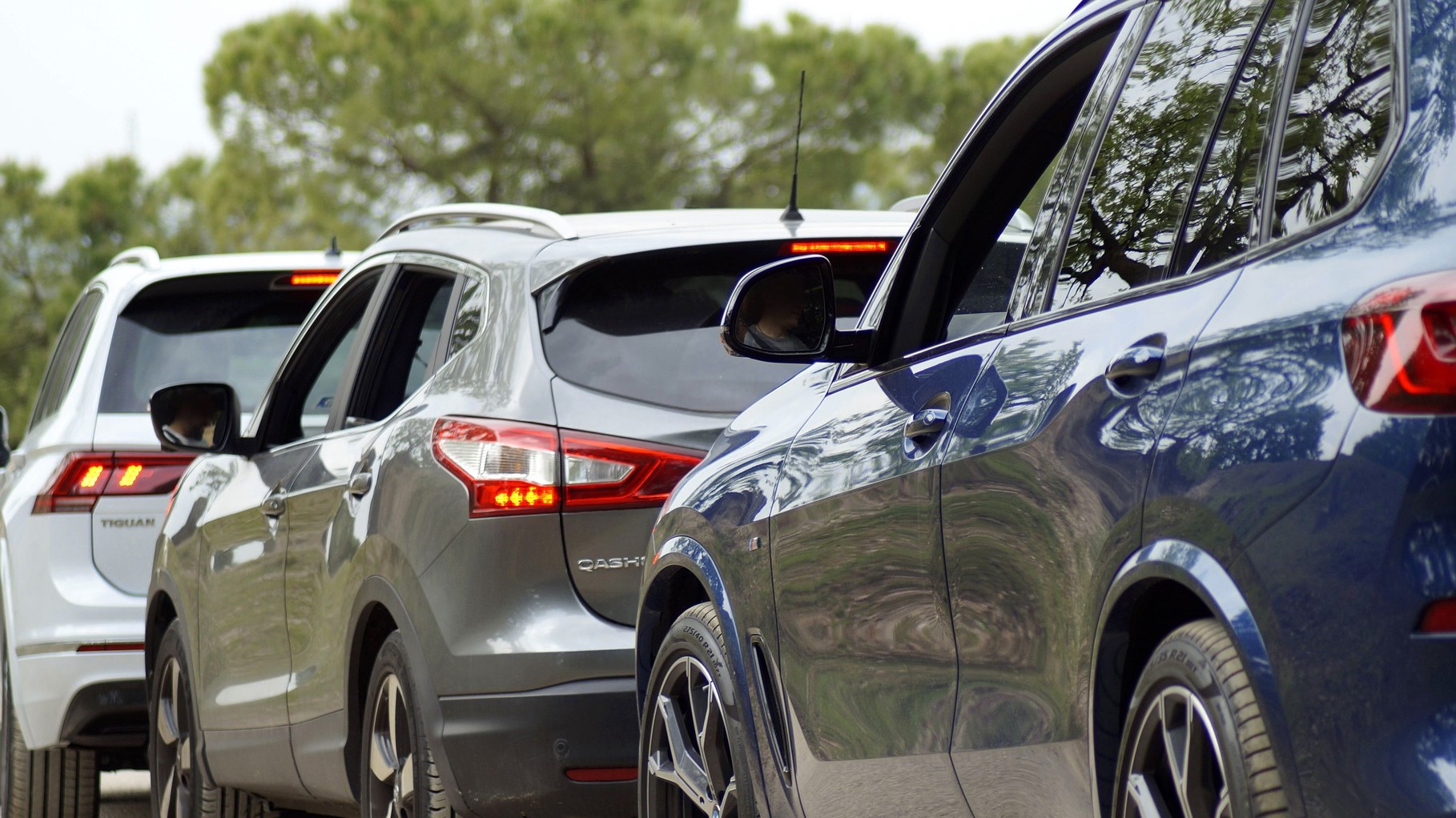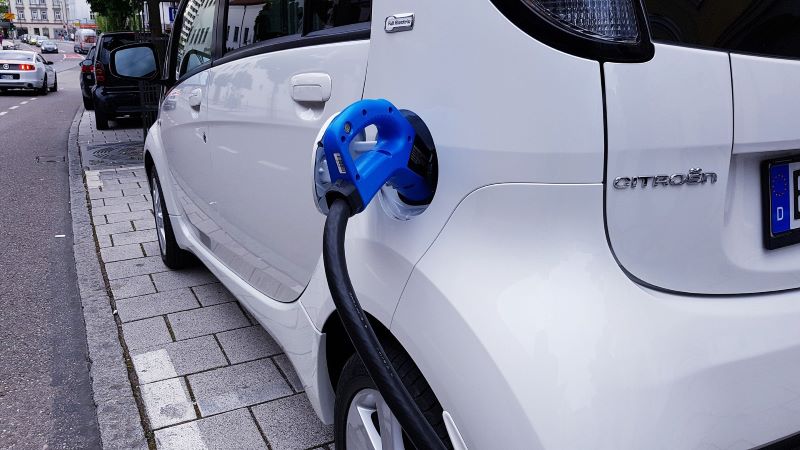In 2024 as a whole, a total of 2,817,331 new passenger cars were registered in Germany. This corresponds to a moderate decline of 1.0% compared to 2023. Of these, the international vehicle manufacturers brought 1,197,903 vehicles onto the roads, which was 7.2% more than in 2023. This gives the international manufacturers a market share of just under 43%.
In December, new passenger car registrations in Germany fell by 7.1%. This corresponds to 224,721 vehicles compared to the same month last year. Adjusted for calendar effects, there was a decline of 1.9 percent. This is the result of an analysis of the figures from the Federal Motor Transport Authority (KBA) by the Association of International Motor Vehicle Manufacturers (VDIK).
2025: Market growth through e-cars
The VDIK expects around 2.85 million new car registrations in 2025. “The slight increase expected is based on strong growth in battery electric vehicles (BEV). However, such growth requires improved framework conditions and incentives for the ramp-up of electromobility. Tax incentives for the purchase of electric vehicles, for example in the area of VAT, make more sense than a pure purchase premium. Customers will also benefit from stable residual values for their vehicles. But one thing is clear: open and fair competition is the prerequisite for economic growth in our own country. That is why tax incentives must be open to vehicles of all brands. Because only through competition can innovation emerge and the transition to affordable and climate-neutral mobility succeed,” says VDIK President Imelda Labbé.
Significantly fewer BEVs in 2024
In December 2024, 33,561 new purely battery-electric passenger cars (BEVs) rolled onto the roads, a decrease of 38.6% compared to the same month last year. The background to this is that the purchase premium for purely battery-electric cars for private customers was discontinued early in December 2023. The purchase incentive for commercial customers already ended in August 2023. The BEV market share in the past month was therefore 14.9% of all new passenger car registrations. In 2024 as a whole, new BEV registrations amounted to 380,609 passenger cars (-27.4%).
Return of the plug-ins
Plug-in hybrids (PHEVs) recorded growth of 6.8% in December 2024 compared to the same month of the previous year, with a total of 19,103 new registrations. The PHEV market share in December was therefore 8.5%, which, after the provisional peak in November 2024, once again corresponds to the highest market share since the end of the PHEV purchase incentive in December 2022. In 2024 as a whole, a total of 191,905 plug-in hybrids were newly registered, which corresponds to growth of 9.2% compared to the previous year. Plug-in hybrids can also make a noticeable contribution to achieving the CO2 fleet limits compared to pure combustion engines if used appropriately.
In total, electric vehicles – i.e. BEVs and PHEVs combined – accounted for 52,664 new car registrations in December, 27.4% fewer than in the same month last year. Their market share was 23.4% (December 2023: 30.0%). In 2024 as a whole, 572,514 electric passenger cars were newly registered, a decrease of 18.2% compared to the previous year 2023.
The number of new commercial vehicle registrations in December was 29,016, 7.9% higher than in December of the previous year. Since the beginning of 2024, new registrations total 374,700 commercial vehicles (+4.3%).
| Dezember | January – Dezember | ||||
|---|---|---|---|---|---|
| +/- (%) | Share of total car market (%) |
+/- (%) | |||
| Passenger car | 224,721 | -7,1 | 2,817,331 | -1,0 | |
| Electric vehicles (total) | 52,664 | -27,4 | 23,4 | 572,514 | -18,2 |
| – purely battery-powered | 33,561 | -38,6 | 14,9 | 380,609 | -27,4 |
| – plug-in-hybrids | 19,103 | 6,8 | 8,5 | 191,905 | 9,2 |
| Commercial vehicle | 29,016 | 7,9 | 374,700 | 4,3 | |
Source: KBA, VDIK





